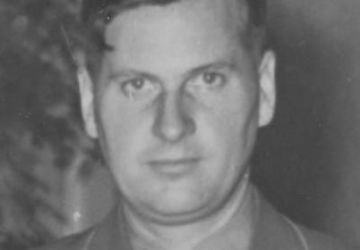
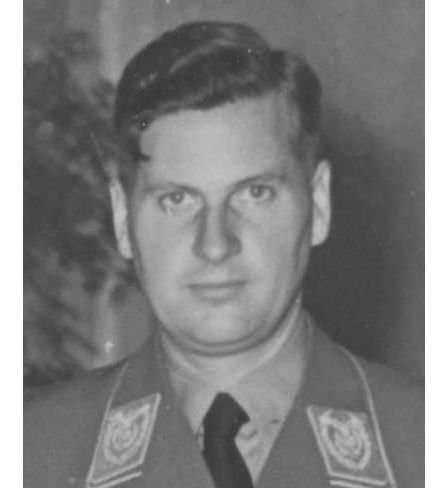
Baldur Schirach is Interrogated in Nuremberg
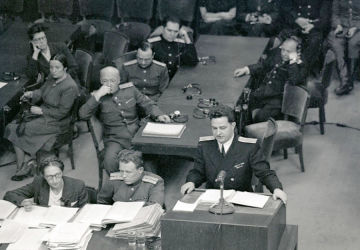
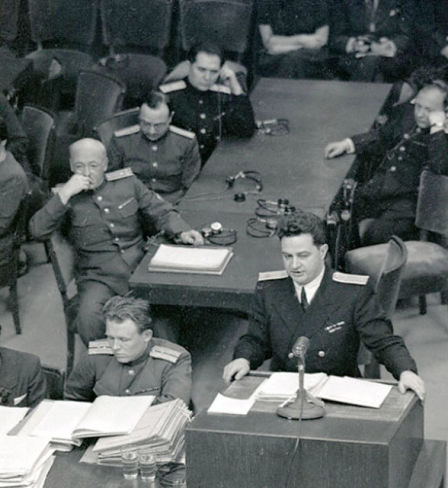
Shooting at the Guntermüllerstrasse
Death of the Soviet prosecutor in Nuremberg remains a mystery to this day
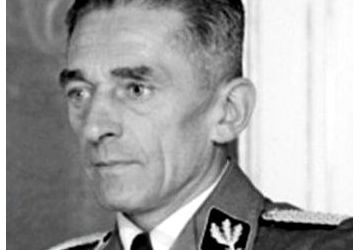
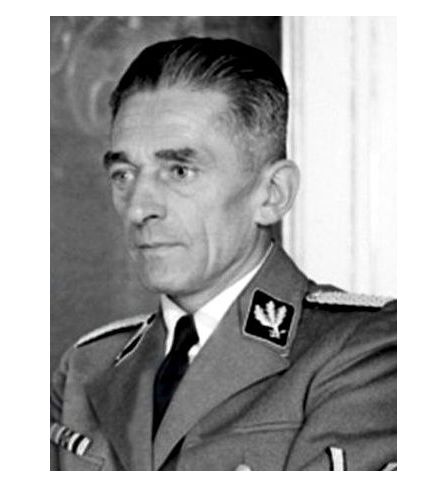
Karl Frank Was Executed in Prague
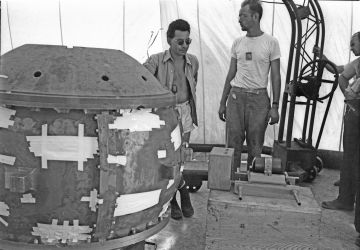
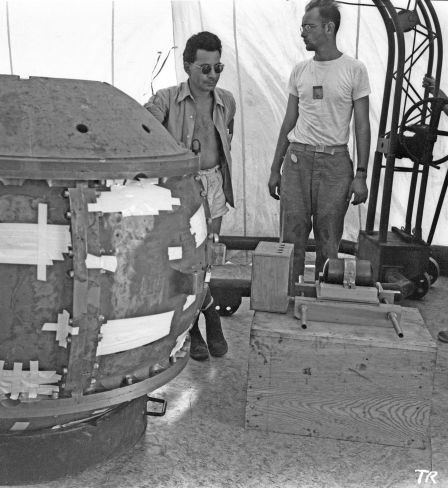
Prominent Nuclear Physicist Louis Slotin Died
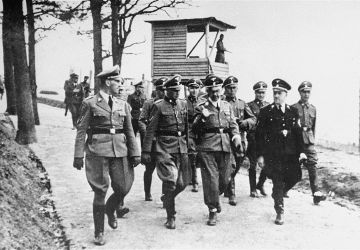
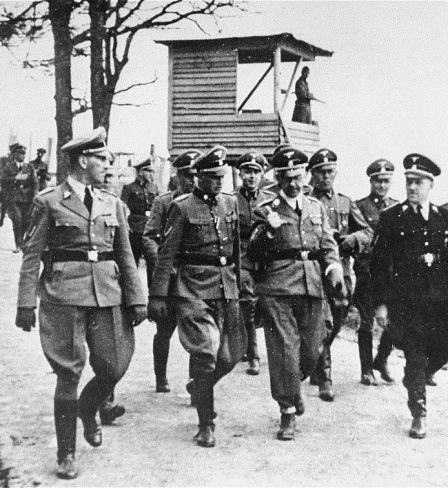
‘No, That Is Not My Signature’
Unseen Excerpts from Ernst Kaltenbrunner’s Interrogation – Part One
Nationalisation of the UK Coal Industry
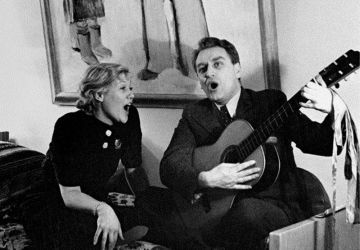
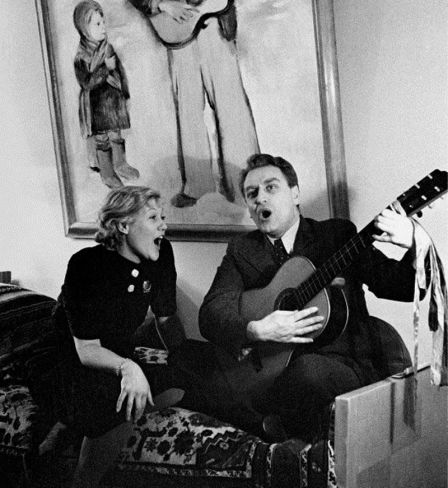
The First Soviet Film Festival Opens In Czechoslovakia
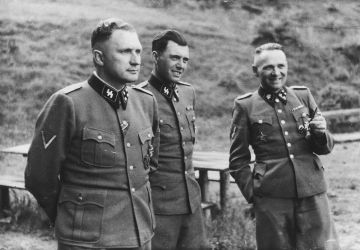
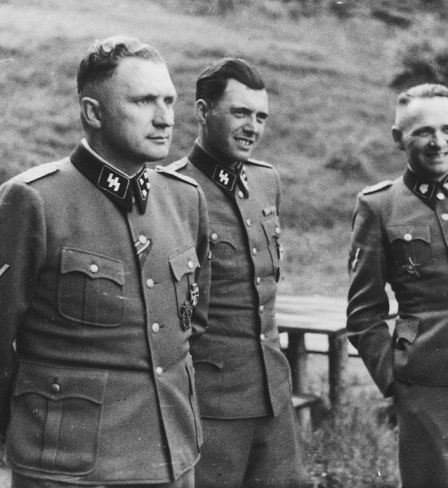
Stitched Twins, Pumped Blood: How Nazis Maimed and Killed Children
Among the crimes inflicted on countless interned children by the Third Reich, none was perhaps more harrowing than medical experimentation. Thousands of children were exsanguinated, infected with deadly diseases, and mutilated. The chief physician of the Birkenau camp (one of the subdivisions of the Auschwitz-Birkenau concentration camp, also known as Auschwitz), Josef Mengele, who focused on experiments on prisoners, including children, was infamous. Prisoners called him "the angel of death".
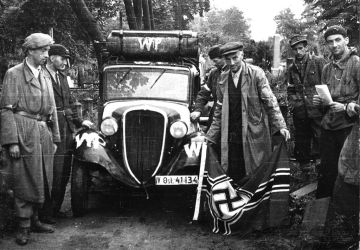
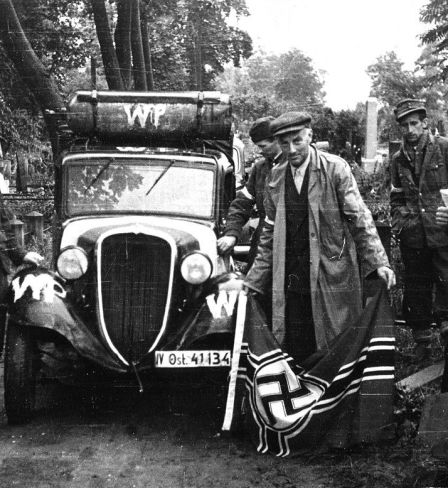
Soldiers of the Home Army are Sentenced to Death in Poland
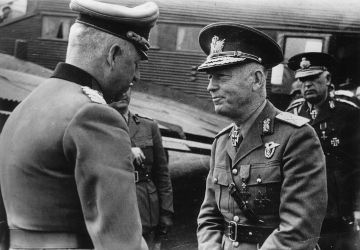
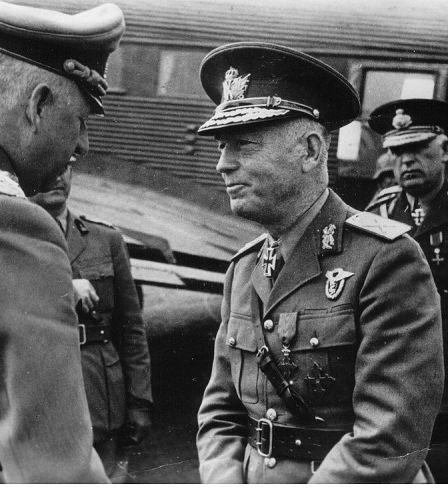
Romanian Fuhrer Ion Antonescu Sentenced To Death
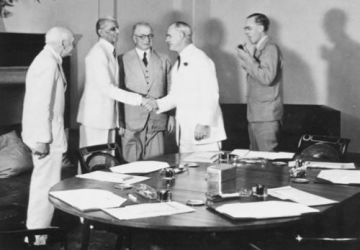
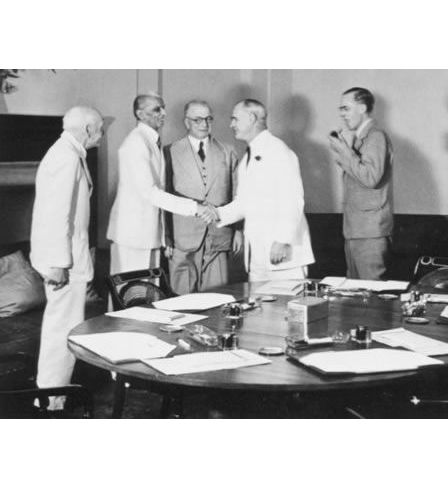
British Mission Tries to Maintain India's Territorial Cohesion
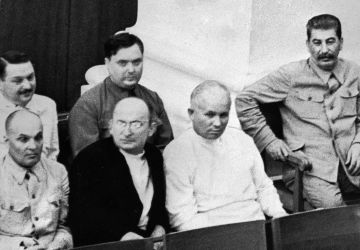
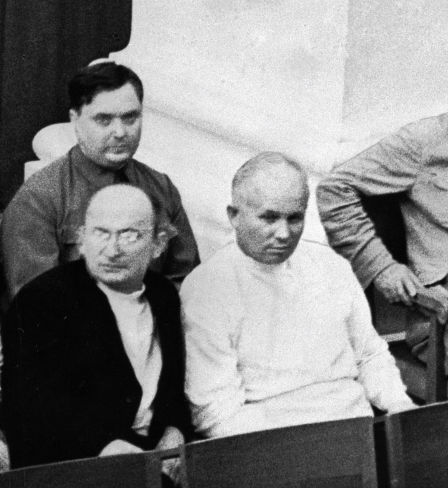
Special Commission Created To Study German Rocket Technology
On 15 May 1946, the Special Committee on Jet Engineering under the Council of Ministers of the USSR formed a task "for the members of the Special Committee leaving for Germany to familiarise themselves with work on RT" which resulted in 98 representatives of ministries and departments being sent to Germany to study German rocket industry.
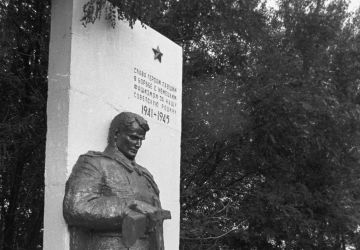
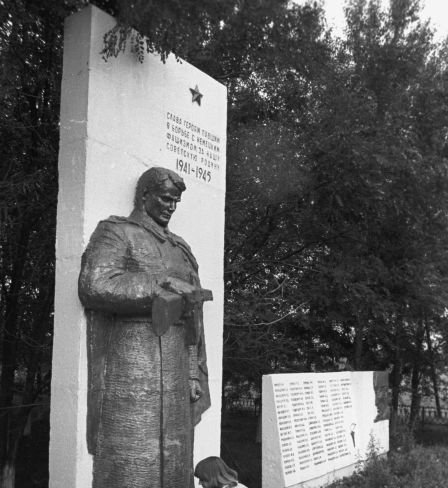
Belarus Pledges to Honour The Memory Of Victims And Heroes Of The War
On 14 May 1946, the Council of Ministers and the Central Committee of the Belorusian Soviet Socialist Republic issued a joint resolution, ordering the improvement of the graves of Red Army soldiers and partisans who had died in the battles of the Great Patriotic War on the territory of the republic. It was decided to erect monuments on the graves; to install commemorative plaques on the buildings where the front headquarters had been located and to mark cities and villages in the former partisan zones with commemorative signs.
Allies Ban Nazi Culture
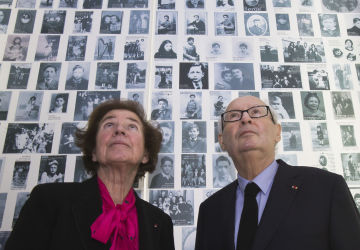
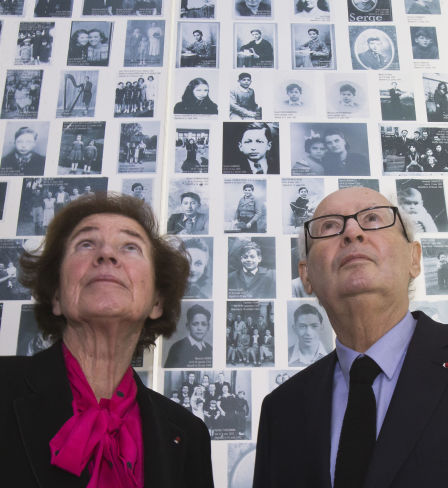
How the ‘Butcher of Lyon’ Was Caught
On 11 May 1987, the trial of the former head of the local Gestapo, Klaus Barbie, began in Lyon. France had been seeking his extradition for decades; but what the government failed to do, was accomplished by the husband and wife Serge and Beate Klarsfeld. They broke the stubbornness of the bureaucrats, the laziness of the judicial system, and exposed the lies of the intelligence services. The SS officer Barbier was brought to justice.
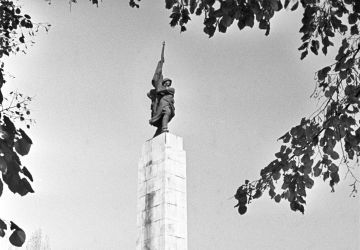
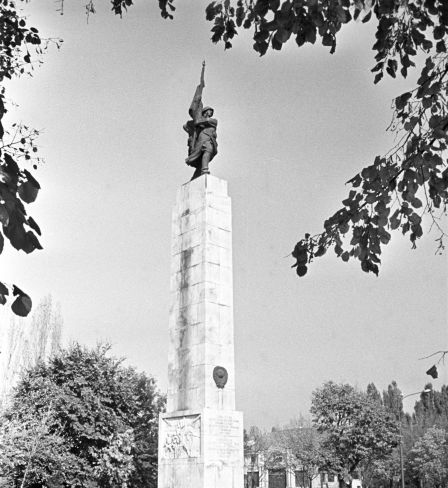
Romanian King Unveils Monument To Soviet Soldiers-Liberators
On 12 May, during a rally in honour of the anniversary of the Victory and Independence of Romania, King Michael I of Hohenzollern-Sigmaringen - in the presence of his mother Crown Princess Helen the Queen Mother of Romania, Prime Minister Petru Groza and Marshal of the USSR Fyodor Tolbukhin - unveiled the monument to Soviet soldiers-liberators.
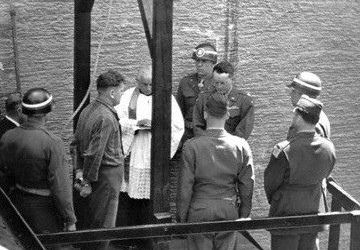
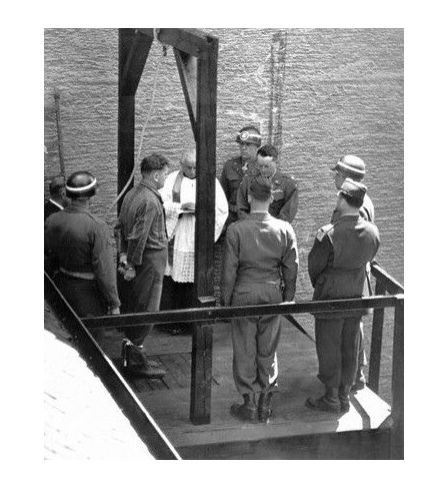
Former Dachau Concentration Camp, Bavaria, Germany
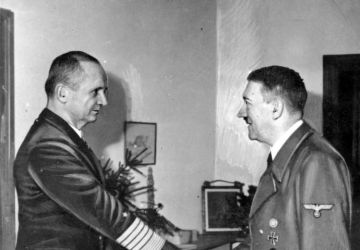
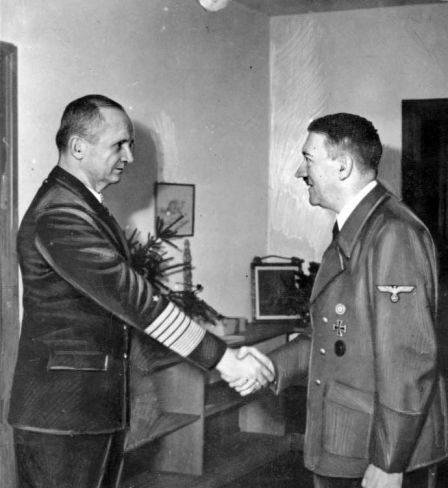
Dönitz Said He Believed in German Victory Even After Hitler's Death
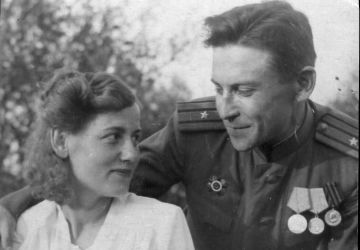
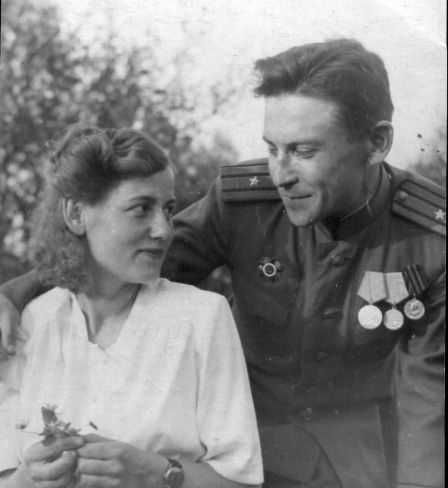
That German Was Our Friend
My grandfather Mikhail Fedorovich Loshchits (1917-2015) went through the war from the first to the last day. He served as a military journalist on the Leningrad front. He was an instructor in the political department of a division, a secretary, and then an editor of the divisional newspaper “In the line of duty”. The story “On the Last Day of the War” tells a little-known episode – the surrender of a group of German troops ambushed in the so-called Courland Pocket in western Latvia. It was only on 8 May that fierce fighting stopped there, however, some units resisted until the end of the month.























